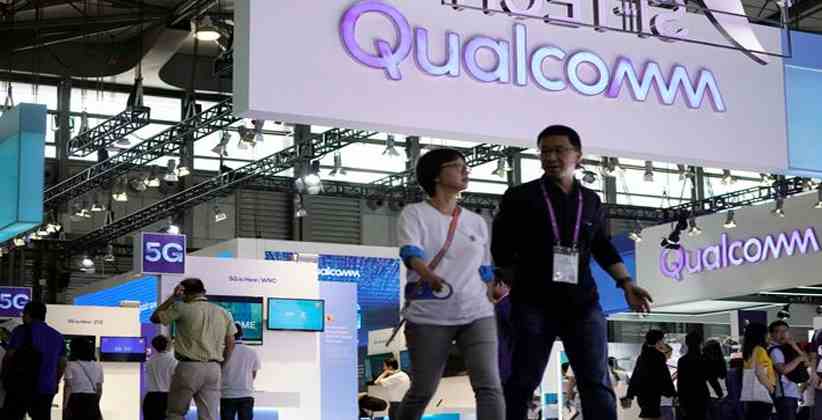The U.S. Court of Appeals for the Ninth Circuit on Tuesday ( August 11 2020) reversed a 2019 ruling that found the San Diego-based chipmaker company, Qualcomm abusing its monopoly position in the market. A three-judge bench of the federal appeals court overruled the previous judgment of a District Court in an antitrust lawsuit brought by the Federal Trade Commission (FTC) against Qualcomm's alleged anticompetitive practice requiring the phone manufacturers to sign a patent license agreement before selling them chips for their handsets.
Qualcomm is the biggest supplier of wireless modem chips, however, most of the profit comes from patent royalties paid by the handset makers under a license agreement. The company has been oftentimes scrutinized for its business model and the same has been criticized by several phone manufacturing companies, most notably Apple, which supported the FTCs orders granting injunction of the antitrust practice by Qualcomm had filed a separate lawsuit against the chip supplier which was later on settled in 2018. The Department of Justice had contended that the FTCs ruling could undermine Qualcomms position in technologies, like 5G, that are essential for national security.
FTC has called the appeals courts decision disappointing. The courts ruling is disappointing, and we will be considering our options, said Ian Conner, director of the F.T.C.s bureau of competition. The agency had argued that Qualcomm has abused its monopoly position for charging excessive royalty rates for its patents. It also mentioned Qualcomm making threats to cut off shipments of supplies to the phone makers.
The appeals court, however, ordered in favor of the San Diego-based-company ruling that the policy of not supplying chips to any phone maker who had not licensed its patents cannot be considered as an antitrust practice. It said, Anticompetitive behavior is illegal under federal antitrust law Hypercompetitive behavior is not.
Qualcomm's general counsel in his statement said, The Court of Appeals unanimous reversal, entirely vacating the District Court decision, validates our business model and patent licensing program and underscores the tremendous contributions that Qualcomm has made to the industry".
Qualcomm shares have risen to around 4 percent since the appeals court judgment. This victory clears the way for the company to continue with its original patent licensing contracts, otherwise, the district courts ruling could have made the company to renegotiate its business model.






